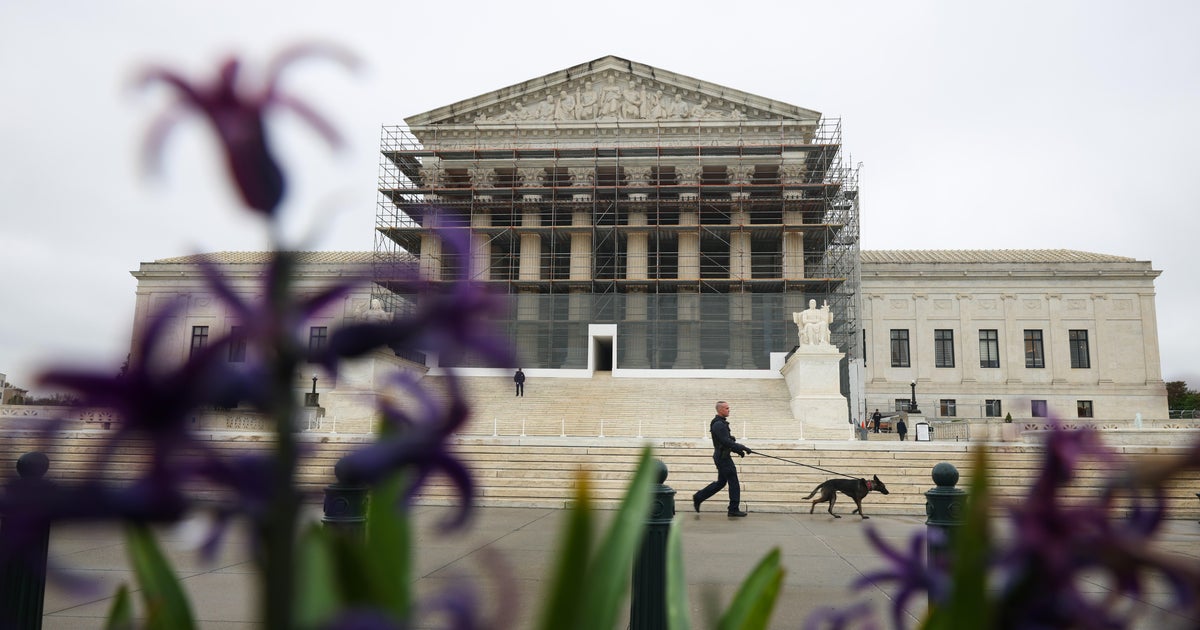Supreme Court Set to Decide Critical Fate of ACA’s Preventive Care Coverage
The U.S. Supreme Court will soon rule on a landmark case challenging the Affordable Care Act’s (ACA) mandate requiring insurers to cover preventive services—a decision that could jeopardize no-cost screenings, vaccines, and checkups for over 150 million Americans. The justices’ ruling, expected by June 2024, hinges on whether federal agencies overstepped authority in determining covered services. Legal experts warn the outcome may either uphold decades of public health gains or unravel a cornerstone of modern healthcare access.
The Legal Battle Over Preventive Care
At the heart of Braidwood Management v. Becerra lies a dispute about the U.S. Preventive Services Task Force (USPSTF), an independent panel whose recommendations dictate which services—like mammograms, HIV PrEP, and blood pressure screenings—insurers must fully cover under the ACA. Plaintiffs argue Congress unlawfully delegated authority to the USPSTF, whose members are unelected. If the Court agrees, insurers could reintroduce copays or deductibles for 64 services currently protected.
“This isn’t just about legal technicalities; it’s about whether cancer screenings become unaffordable for working families again,” said Dr. Alicia Cooper, a healthcare policy analyst at the Brookings Institution. “The ripple effects could set preventive care back decades.”
Supporters of the challenge, including conservative groups and some employers, counter that the ACA’s framework violates constitutional separation of powers. “The Task Force operates without congressional oversight, yet its decisions carry the force of law,” argued Greg Baylor, senior counsel for the Alliance Defending Freedom, which filed an amicus brief. “That’s a textbook overreach.”
Data Reveals High Stakes for Public Health
Since the ACA’s 2010 passage, preventive care utilization has surged:
- 63 million Americans gained access to no-cost contraceptive care
- Colorectal cancer screenings rose by 23% among low-income adults
- Childhood vaccination rates reached 94% for measles, up from 90% pre-ACA
A 2023 Kaiser Family Foundation study estimated that revoking cost-free coverage could lead to 2.1 million fewer preventive visits annually, disproportionately affecting communities of color and rural populations. “When cost barriers reappear, people delay care until emergencies develop,” noted Dr. Marcus Plescia of the Association of State and Territorial Health Officials. “That’s how treatable conditions become chronic crises.”
Potential Outcomes and Healthcare Industry Reactions
Legal scholars outline three likely scenarios:
- Full upholding: The Court preserves the ACA’s current structure, affirming agency authority.
- Partial strike-down: Only USPSTF recommendations post-2010 are invalidated, creating a patchwork of covered services.
- Broad ruling: The entire preventive care mandate is overturned, triggering immediate coverage changes.
Insurers are preparing contingency plans. “We’ll comply with the law, but benefit designs may need mid-year adjustments,” said a spokesperson for America’s Health Insurance Plans. Meanwhile, pharmaceutical companies brace for reduced demand: Merck, maker of HPV vaccine Gardasil, reported a 12% stock dip after oral arguments.
Advocates Mobilize as Decision Looms
Patient groups have launched campaigns like “Prevention Saves Lives”, sharing stories of early-detection survivors. “My breast cancer was found during a $0 mammogram,” said advocate Teresa Rodriguez, 42. “If I’d waited until symptoms appeared, I wouldn’t be here.”
Conversely, small-business coalitions applaud the potential for lower premiums. “Forcing employers to cover services they deem unnecessary violates religious and economic freedoms,” contended Jim Parrish of the National Federation of Independent Business.
What Comes Next for Preventive Care Coverage?
Regardless of the ruling, states are exploring workarounds. Seven have passed laws mirroring the ACA’s preventive requirements, while others may expand Medicaid flexibilities. Congress could also intervene—though gridlock makes swift action unlikely.
“The Court’s decision will shape not just healthcare policy, but the basic contract between citizens and their government,” concluded constitutional law professor Emily Berman. “Are essential health benefits a right or a privilege? We’re about to find out.”
Call to Action: Stay informed on this developing story by subscribing to our healthcare policy newsletter or contacting your representatives about preventive care protections.
See more WebMD Network



